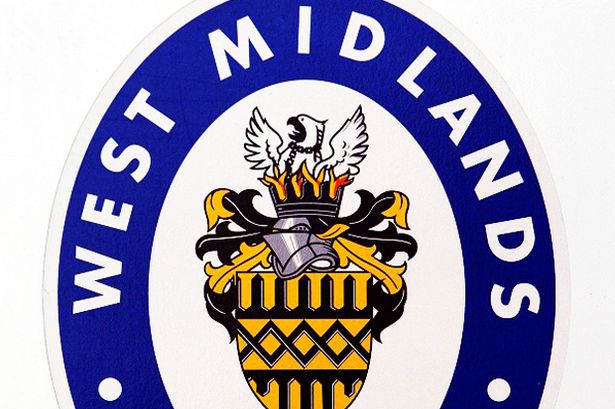Force and CPS error sees case thrown out against breath test police officer
A force tried to prosecute one of its own officers for failing to provide a breath test using a law which no longer existed.
A force tried to prosecute one of its own officers for failing to provide a breath test using a law which no longer existed.
And a judge criticised the error by West Midlands Police (WMP) as he dismissed the case against Stourbridge Police Constable Sarah Stevens-Burns.
District Judge Shamim Qureshi spoke out to tell both the force and the Crown Prosecution Service (CPS) they had failed to spot the mistake in bringing a drink-driving offence abolished 12 years ago.
Birmingham Magistrates Court heard that PC Stevens-Burns, 48, a West Midlands Police Federation representative, had been at a colleagues misconduct hearing in Birmingham.
Just as she was leaving the tribunal a senior officer from the force`s Professional Standards Department (PSD) investigation team accused her of being “intoxicated.
The incident happened outside Balsall Heath police station in Birmingham at about 9.40am on February 5.
The PSD officers reported their suspicions to a departmental colleague, Detective Inspector Brian Carmichael, who followed PC Stevens-Burns.
The detective inspector watched her get into her car parked on the road outside the station, before knocking on the passenger side window.
PC Stevens-Burns was sitting in the driver`s seat with the engine off, on her phone, and opened the passenger door to him.
Det Insp Carmichael confronted her with his colleagues` claims, asking her to return to the station for a breath test, at which point PC Stevens-Burns started her engine and drove away.
The court heard that the detective inspector had called for a traffic unit to breathalyse the female officer, but they only turned up after she had left.
Her barrister Adrian Keeling QC said that both the WMP and the CPS reviewing lawyers had tabled a charge that was wrong in law and asked the case be dismissed.
He pointed out that the wording was from a now obsolete section of the 1988 Road Traffic Act, which had been superseded by an amendment act passed by Parliament in 2004.
In any case, he said, his client, denied any wrongdoing.
He said: The charge brought is wrong in law, and that comes first and foremost, regardless of evidence.
Mr Keeling added: The law is the law, but it has to be the law in force at the time of the offence.
Judge Qureshi said: The wording is identical to wording which was got rid of by Parliament in 2004.
The allegation was that she was asked to provide a specimen of breath by Inspector Carmichael but on the facts that isnt the case at all.
The inspector was asking for her to come back to the police station.
He went on: The wording was abolished 12 years ago and its extremely surprising that this has been over-looked by both the original police officer who deals with such requisitions, and second, by the Crown Prosecution Service as well.
Giving his ruling, Mr Qureshi said: In the particulars of the offence the defendant was requested to provide a specimen of breath.
On the facts, Inspector Carmichael did not demand a specimen of breath so the particulars of the offence are not proved.
PC Stevens-Burns barrister told the court he would be writing to make an application for a defendants costs order.


